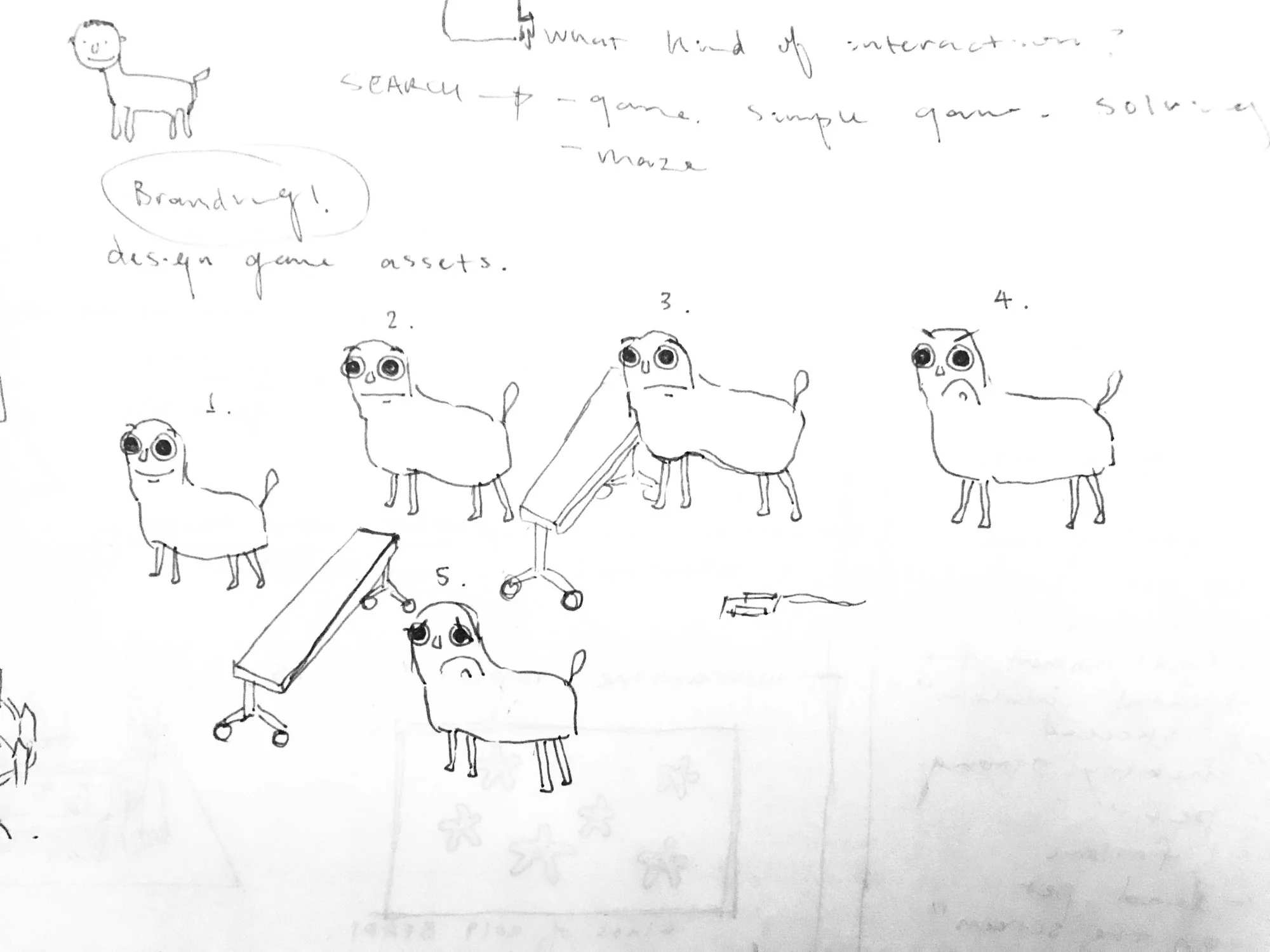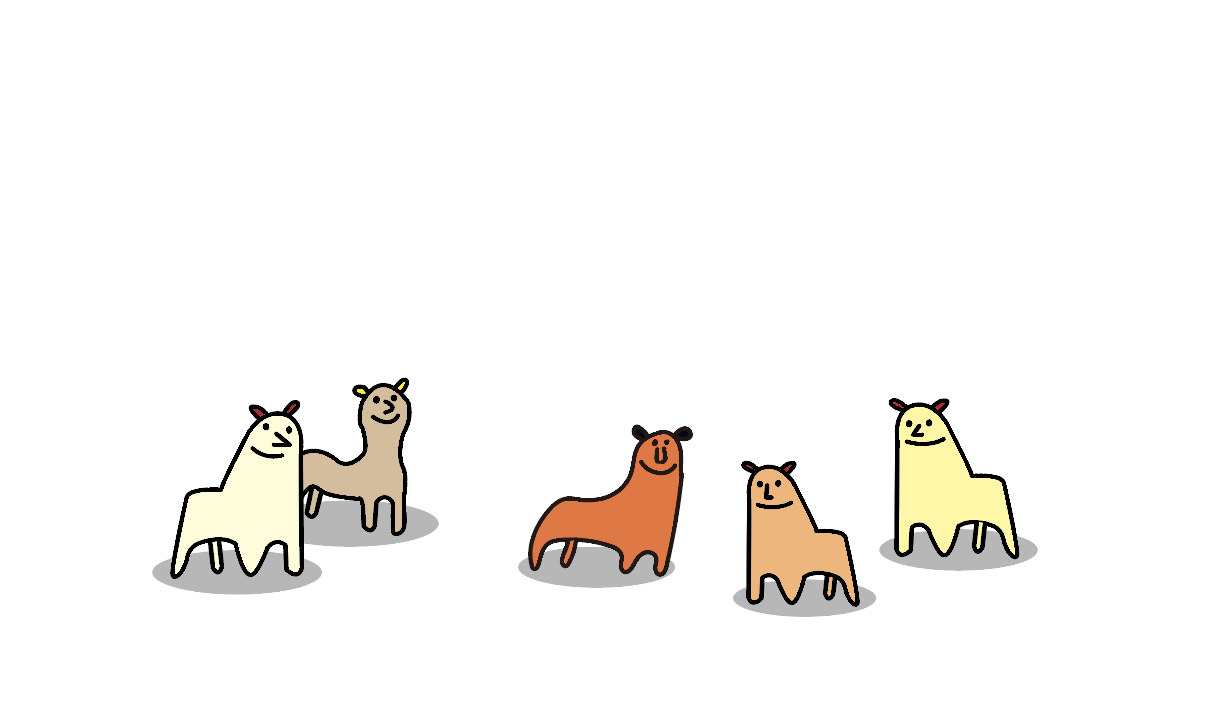Hoomans of DT
How to use a online platform to nudge a system
This project was a two week individual project for third year Core Studio Collaboration at Parsons School of Design. The goal of the project is to design a resilience platform to increase transparency of our education system.
After being in my school for over two and a half years, my classmates and I have been constantly questioning the quality of education that we have been receiving at the school. There are many times we doubt whether or not our education is worth the tuition (approx. $45,000/yr).
Then, I started to wonder if I could figure out a way to convey our concerns, by using data visualization. When I received yet another email from my professors informing me that my expensive class was cancelled, I thought about making a digital simulation pet game on a live web browser which would visualize my frustrating experience of the education system.
I started to collect data through my past emails on the total number of classes cancelled throughout the academic year, in order to generate a data file. With the help of my classmates Theodore, Jasmine and Scarlett we combined our information and made a larger data set, then proceeded to visualization. The scatter plots to the left (generated using data vis library seaborn in Python), demonstrates the number of classes canceled (Orange) out of the total class sessions (Green) in the span of two semesters. The results indicate about 1/3 of the class sessions were either canceled, merged with the other professor’s section, ended more than an hour early or started late.
Design Challenge
After organizing the data stat file, I set up a challenge for myself to expand this concept further into a larger community platform. The reasoning behind this was that even though there were many faculty members who genuinely listened to student concerns about the institution, little to no action was taken. Faculty themselves do not possess enough power to change the institutional operating system. The interviews I conducted with students from both the BFA and MFA programs, made me realize that we will need an open playful platform where everyone can share their honest feedback and experiences at the school while being anonymously documented. My intention was to invite our student community into a digital open conversation on examining the question of, “how we can make our institutional experience better?” The factual and honest conversations on this platform can enable transparency between students, faculty and the school administration.














